A Breakthrough Meeting for permEzone
A long-anticipated meeting took place this month, when Paul Omollo, the team leader of the phase one permEzone project in Asumbi, Kenya, visited the phase two project at Sanje in Uganda, along with the BEU team who are delivering the project in Uganda.
The two teams have communicated often, but this was the first opportunity for a site visit and peer review.
What follows is based on Paul’s report back from his visit, which documents the full extent of the progress already being achieved by the farmers in Sanje, and shares many important ways in which the two teams were able to support each other and share useful lessons learned.
The two teams have communicated often, but this was the first opportunity for a site visit and peer review.
What follows is based on Paul’s report back from his visit, which documents the full extent of the progress already being achieved by the farmers in Sanje, and shares many important ways in which the two teams were able to support each other and share useful lessons learned.
Why Contribute?
We provide training and support for impoverished rural communities to learn how to help themselves.
Your contribution will:
We provide training and support for impoverished rural communities to learn how to help themselves.
Your contribution will:
- Help hundreds of families feed themselves with nutritious food
- Help them increase their income from diverse crops, and reduce farm costs
- Help us support them as they work together to find shared solutions to common problems
- Help improve the local environment and take action to reverse climate change
THE COMMUNITY
BEU conducts its training at St. Kizito, Sabina Children's Home, a school for orphans in Sanje village where BEU implements the project and the training, and has established model farms. This has a positive impact for the school pupils, who are learning about these techniques along with their teachers and guardians. As a result, they have created vegetable gardens to support the school feeding program and supplement their meals, leading to reduced expenditure on food and enhanced nutrition among the pupils.
SYNERGIES
Paul’s team at CMRA is preparing for the final three-month stage of their project with the farmers in Asumbi, Kenya starting in February, while Charles Mugarura and the team at BEU will reach that stage at the end of 2020. So it is an interesting time for the two teams to start building synergy by working closely, sharing their experiences, achievements, lessons learnt and challenges.
This meeting represents a new stage in the life of permEzone as the teams can work together, to improve on the current phases they are delivering, but also in preparation for the anticipated future phases with new communities of farmers.
This meeting represents a new stage in the life of permEzone as the teams can work together, to improve on the current phases they are delivering, but also in preparation for the anticipated future phases with new communities of farmers.
ACHIEVEMENTS
The twenty farmers selected to complete the 3-month permaculture design curriculum are now implementing the permaculture techniques they learned on the model farms they designed during the training. Each trainee has identified four surrounding farmers and is working with them so that they too learn from these model farms and benefit from the same techniques.
During his visit, Paul met some of the 20 lead farmers who are putting the permaculture techniques into practice in establishing their model farms, and toured their farms with them.
One of these farmers is Mr Ssamola Augustine, as shown below in his heavily mulched farm, where you can see a variety of inter-cropped vegetables and bananas, and where he also practices basket gardening to grow kale.
During his visit, Paul met some of the 20 lead farmers who are putting the permaculture techniques into practice in establishing their model farms, and toured their farms with them.
One of these farmers is Mr Ssamola Augustine, as shown below in his heavily mulched farm, where you can see a variety of inter-cropped vegetables and bananas, and where he also practices basket gardening to grow kale.
Another farmer implementing the permaculture techniques is Ms. Nakyazze Rose. Below you can see her model farm and her backyard which has a variety of vegetables that provide nutritious food for her family. The surplus can be sold in the nearby market for increased household income.
Paul met with the committee that guides the operations of the Cooperative, formed by the Sanje farmers group after the initial training from BEU, which included record-keeping and savings and loans. They discussed achievements, challenges and synergies of networking between phase 1 in Kenya and phase 2 in Uganda. Paul reports that the committee has a strong leadership and that they meet regularly to plan and ensure implementation of the co-op’s activities and the sustainability of the benefits being achieved by this new community of practice.
LESSONS LEARNT
The project beneficiaries really appreciate the knowledge and skills they are receiving from the project and took the initiative to form a cooperative for their own sustainability. This is also evident from how they are implementing the techniques in their individual farms as shown above.
Many other farmers in this community are very interested in being a part of this project. Many more in areas outside the project’s scope could also benefit from this program and start moving away from the conventional farming practices that depend on synthetic farming inputs that end up degrading the soil and affecting people’s health.
Many other farmers in this community are very interested in being a part of this project. Many more in areas outside the project’s scope could also benefit from this program and start moving away from the conventional farming practices that depend on synthetic farming inputs that end up degrading the soil and affecting people’s health.
WAY FORWARD
There is a need to avail more funds to ensure completion of the remaining part of BEU’s Phase 2 project so that it continues to benefit the participants as they influence more and more farmers.
We need YOUR HELP this Giving Season to make it possible for the team at BEU to continue their incredible work with the farmers of Sanje village through to the end of next year.
Please click DONATE to see how you can help.
Please click DONATE to see how you can help.
Follow both projects here:
Community Mobilization for Regenerative Agriculture, Migori County, Western Kenya
Broadfield Enterprise Uganda, Sanje, Uganda
Community Mobilization for Regenerative Agriculture, Migori County, Western Kenya
Broadfield Enterprise Uganda, Sanje, Uganda

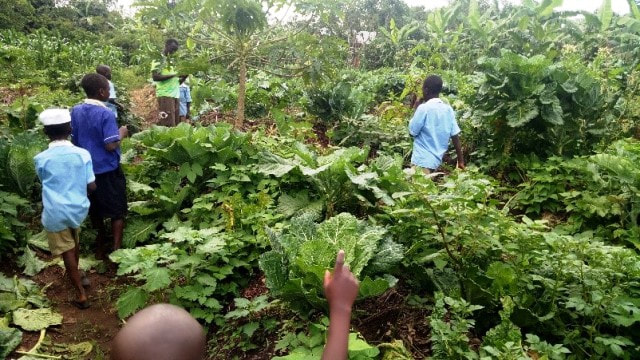
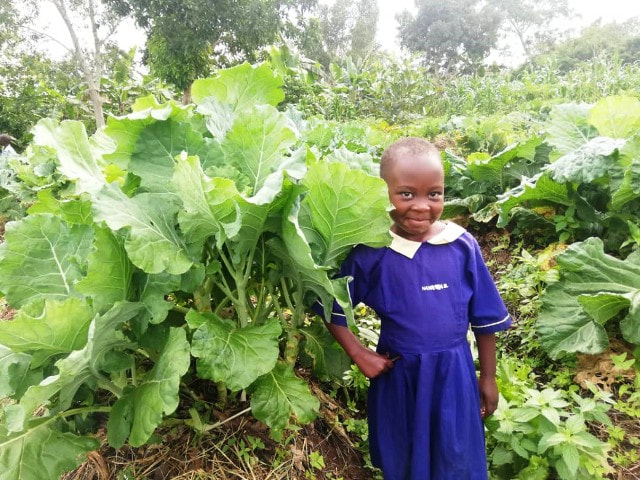
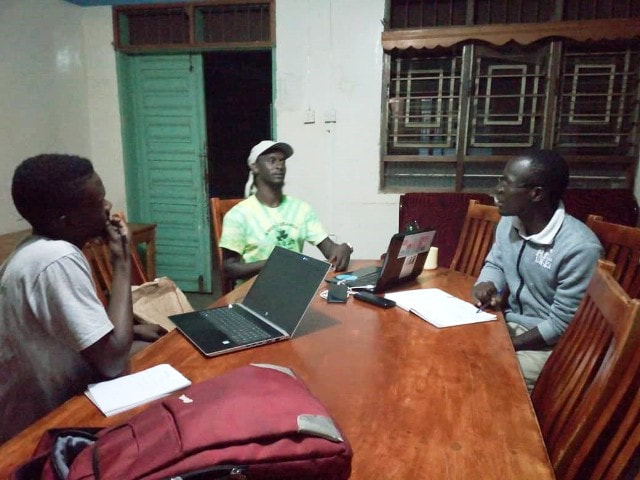
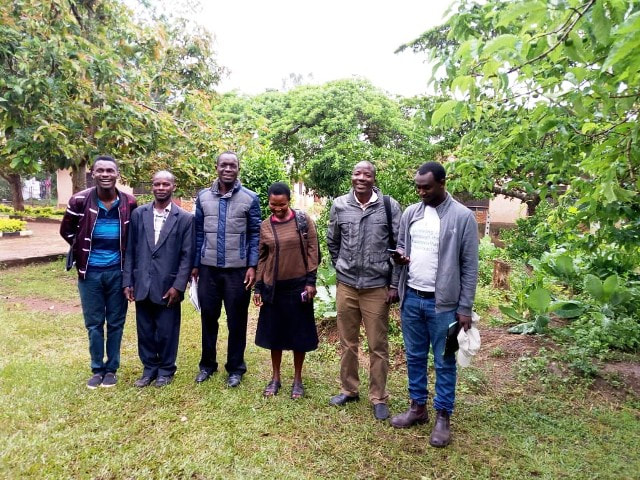
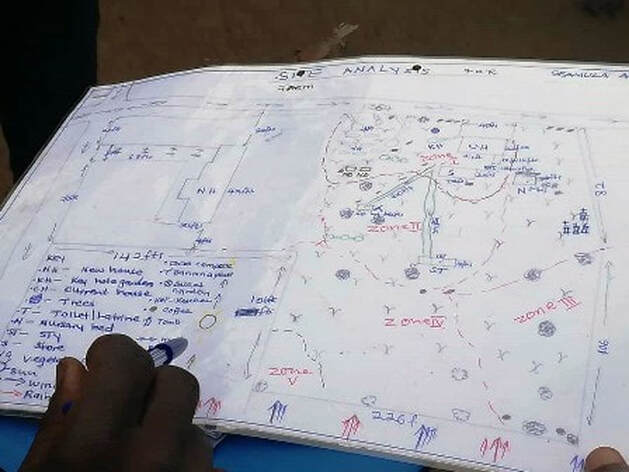
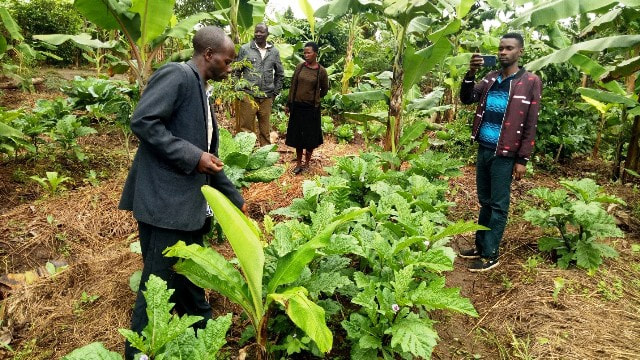
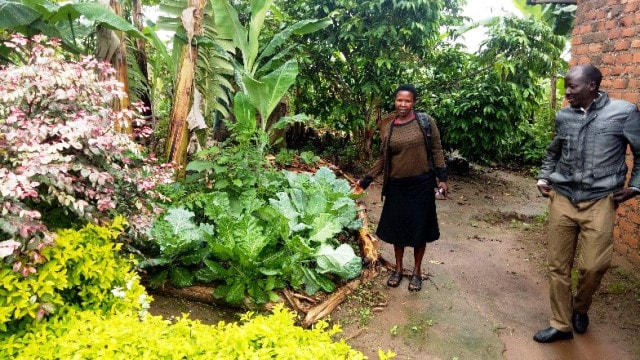
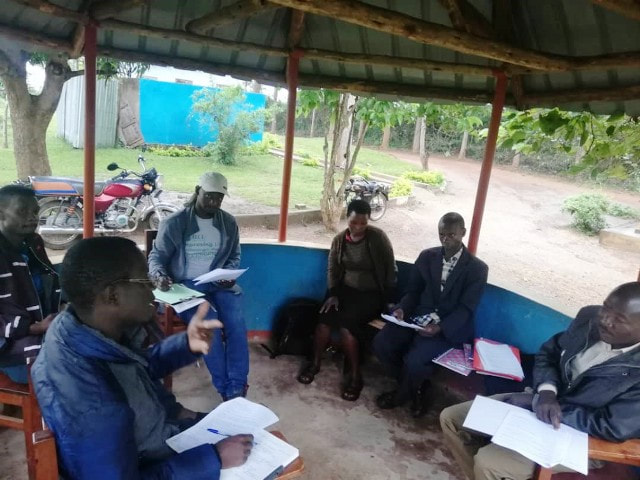
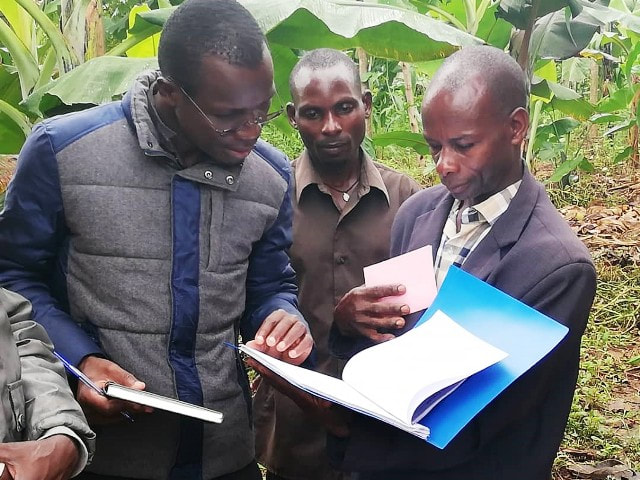
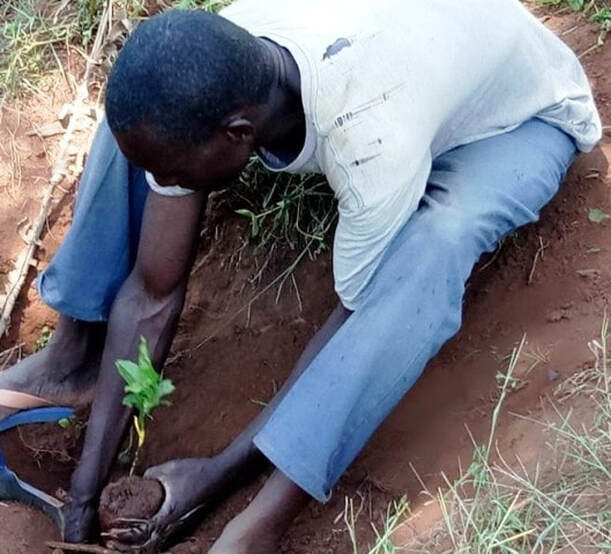

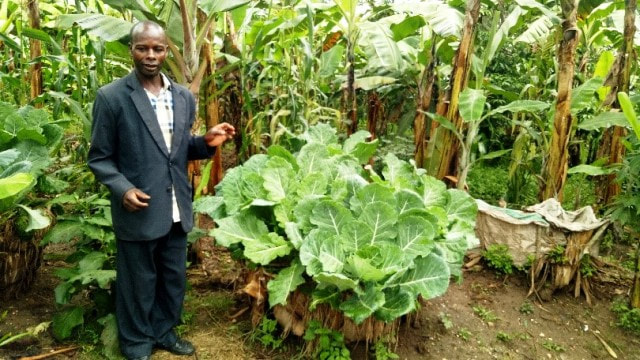

 RSS Feed
RSS Feed